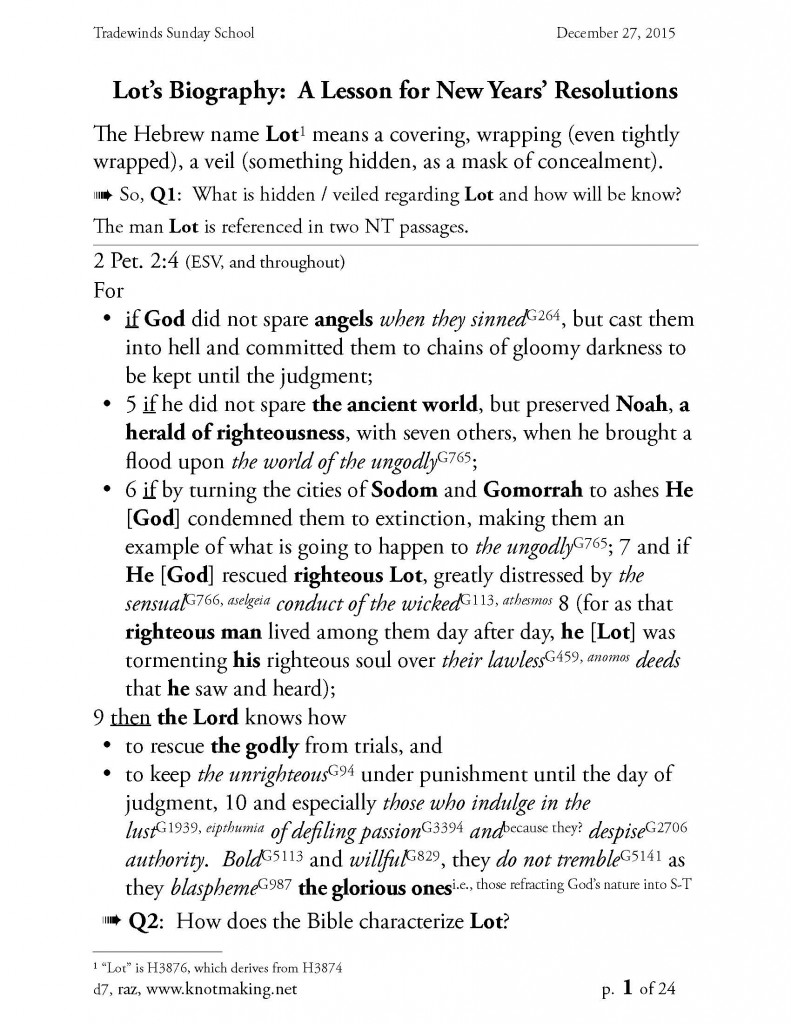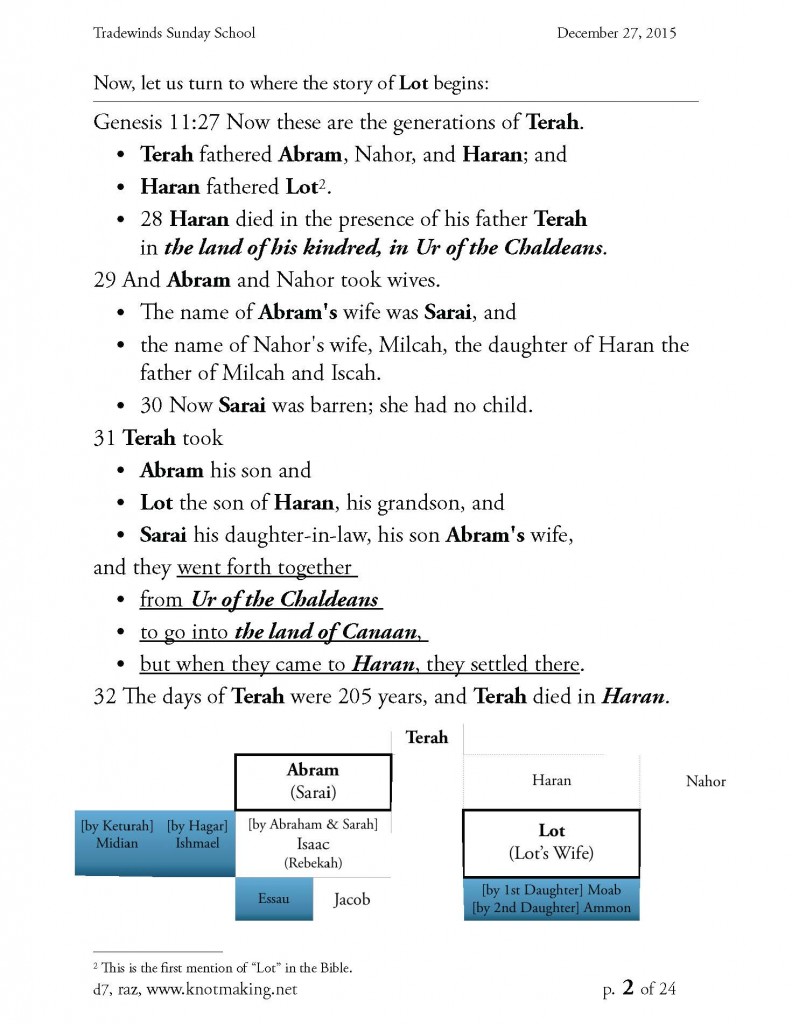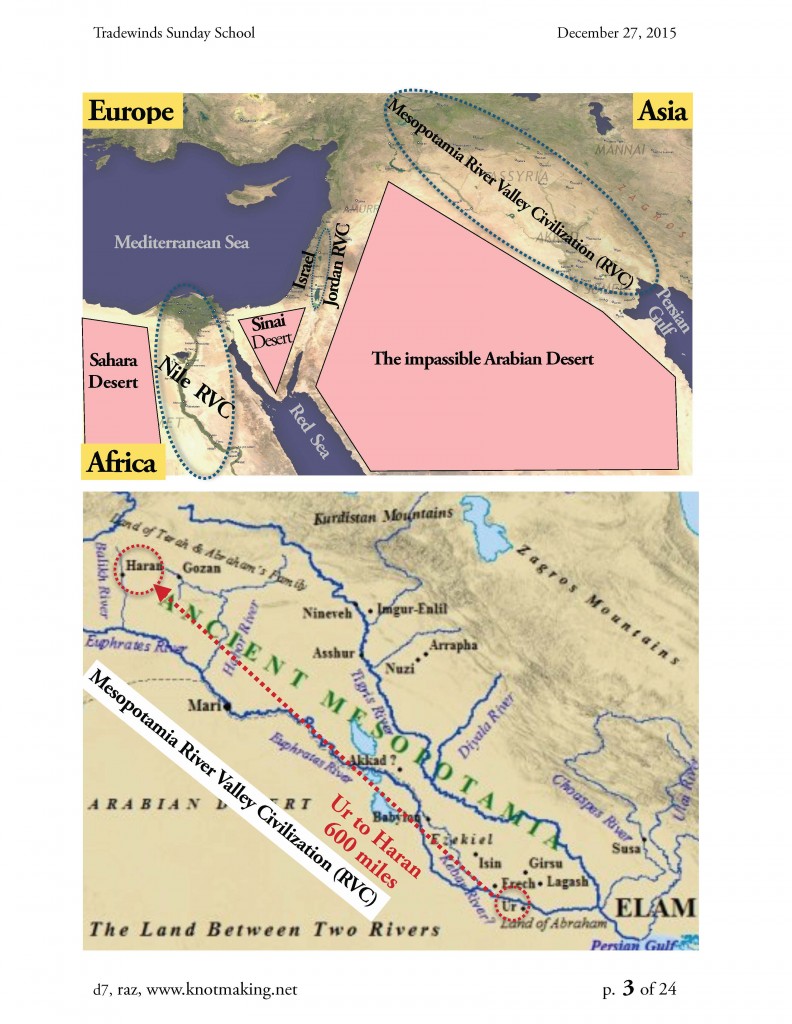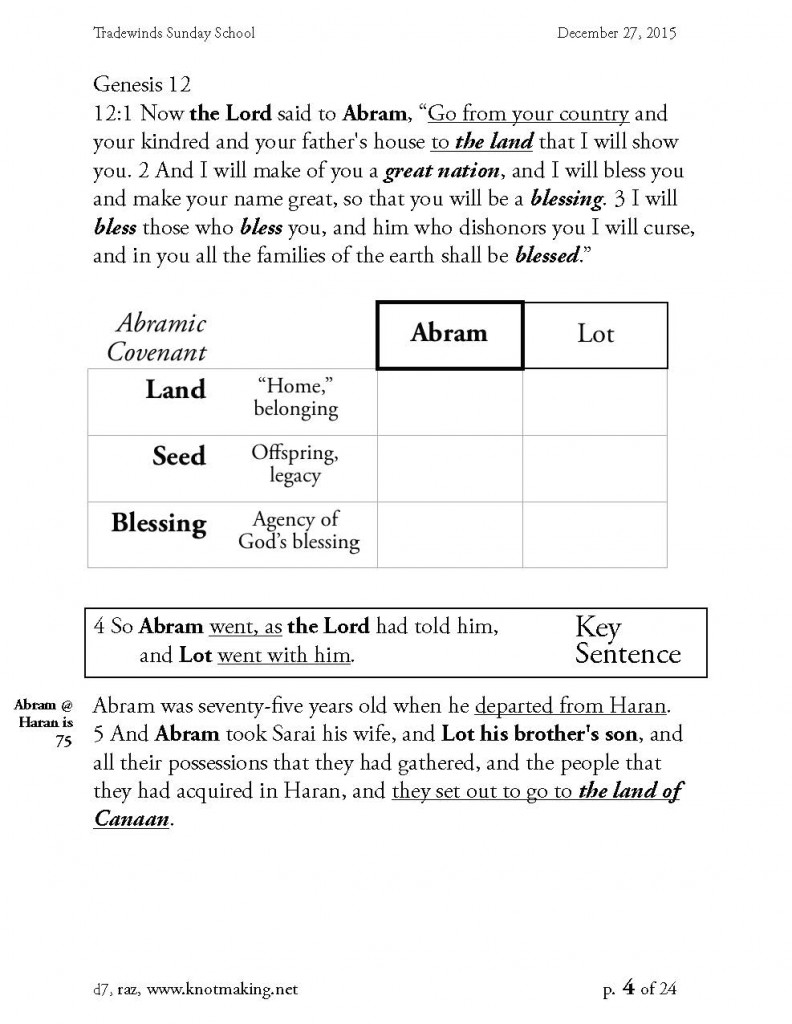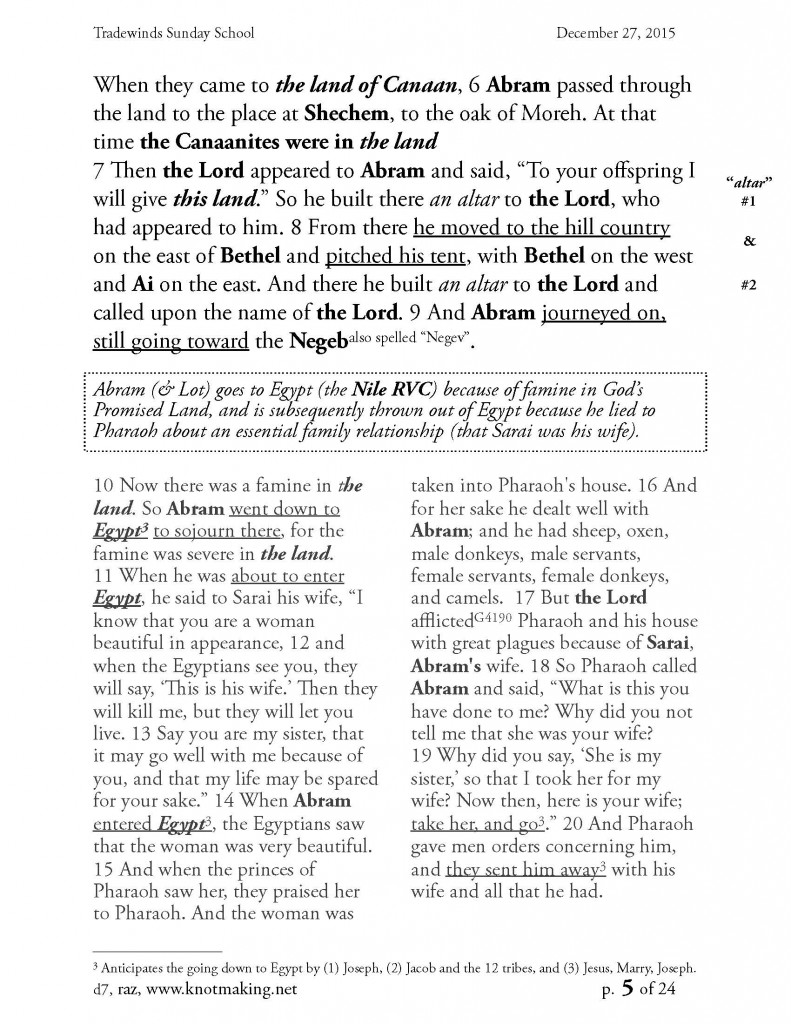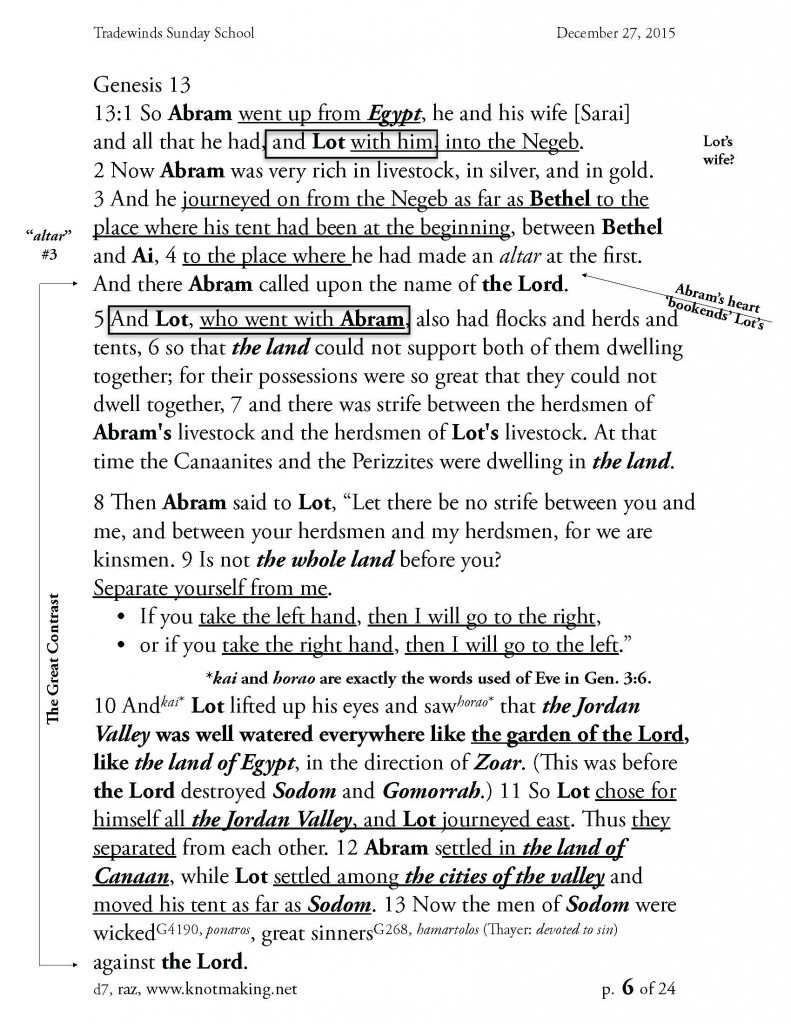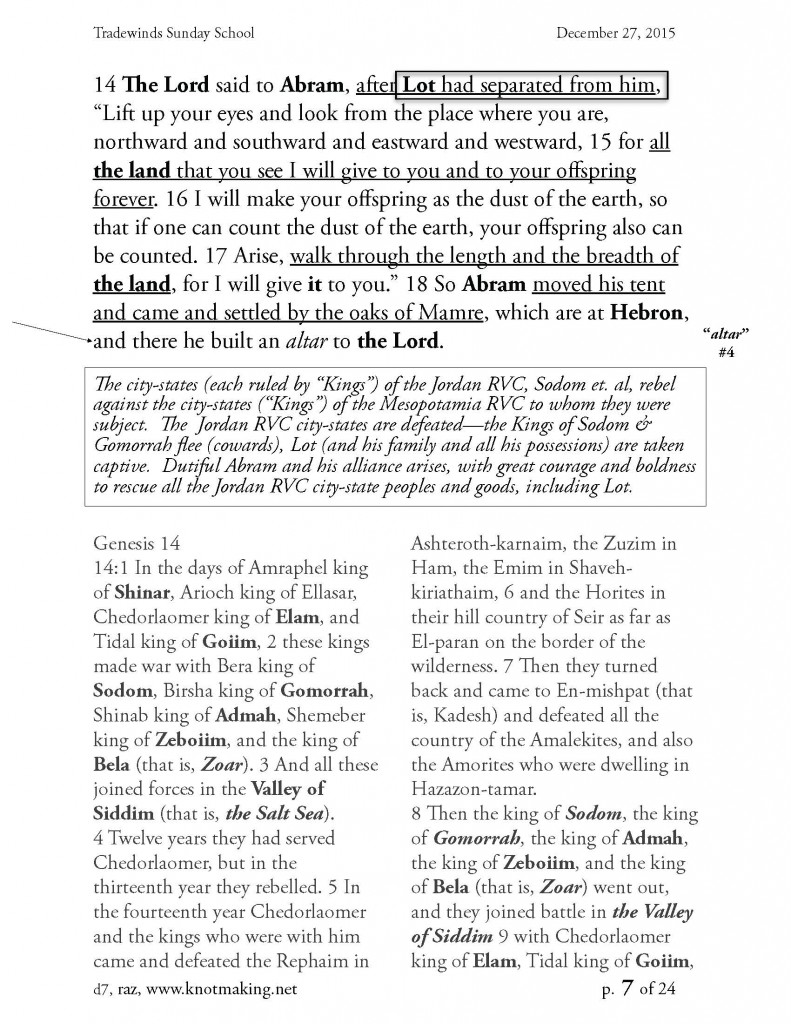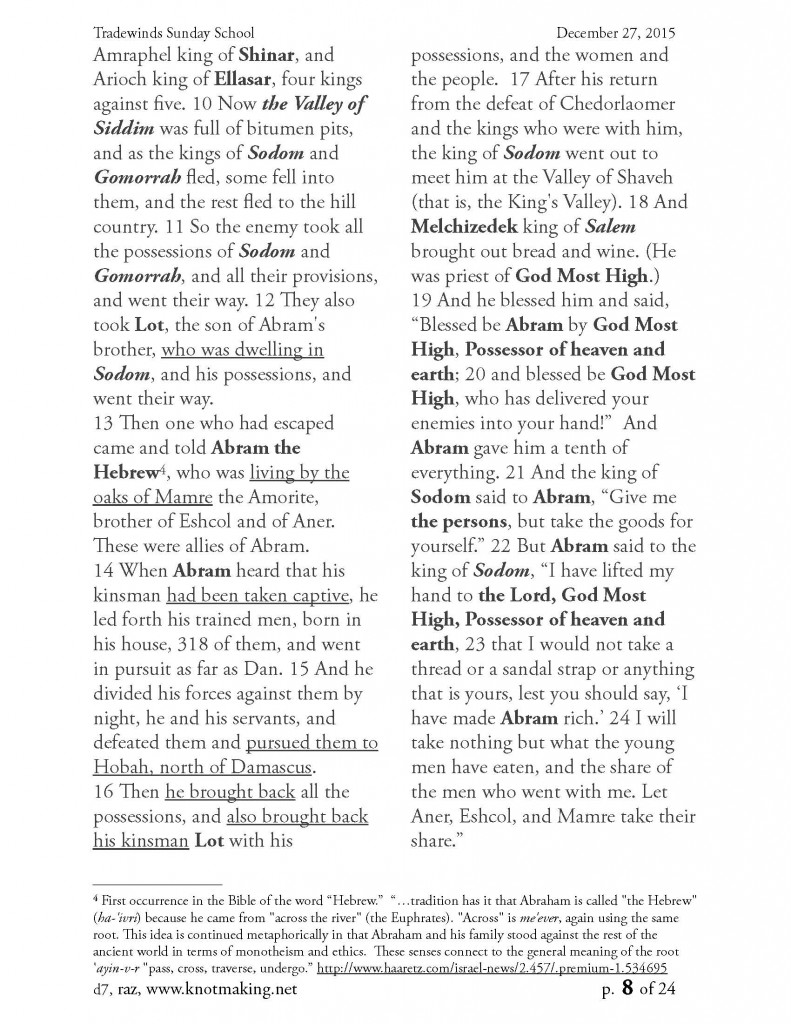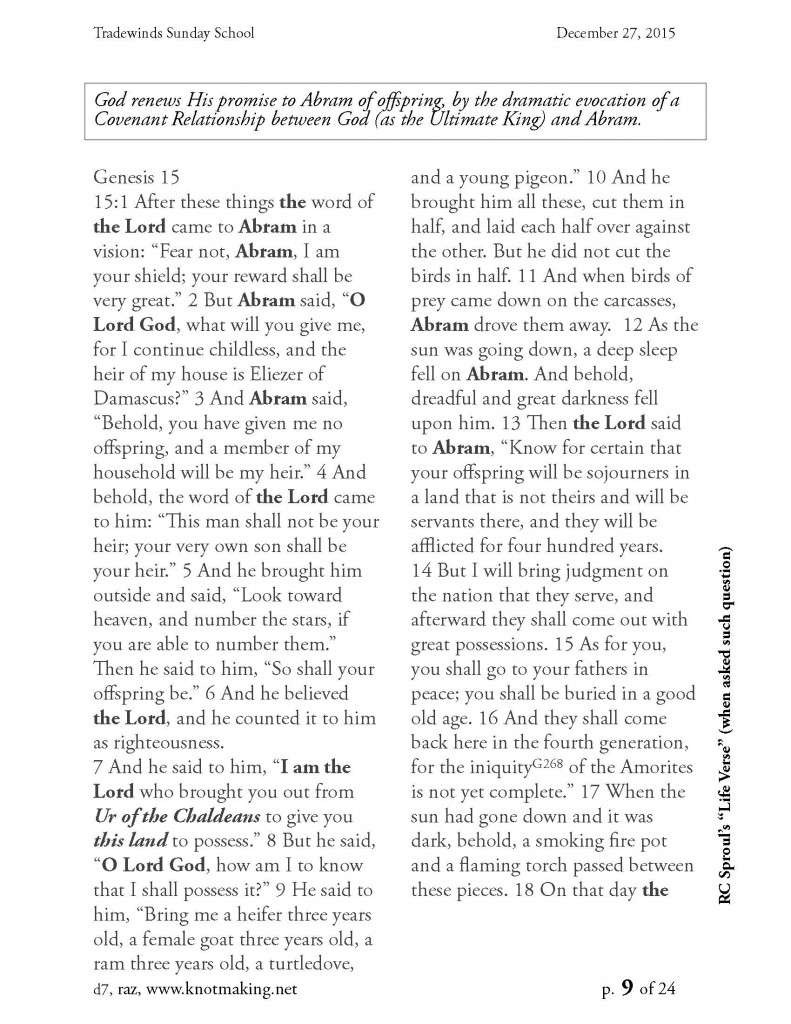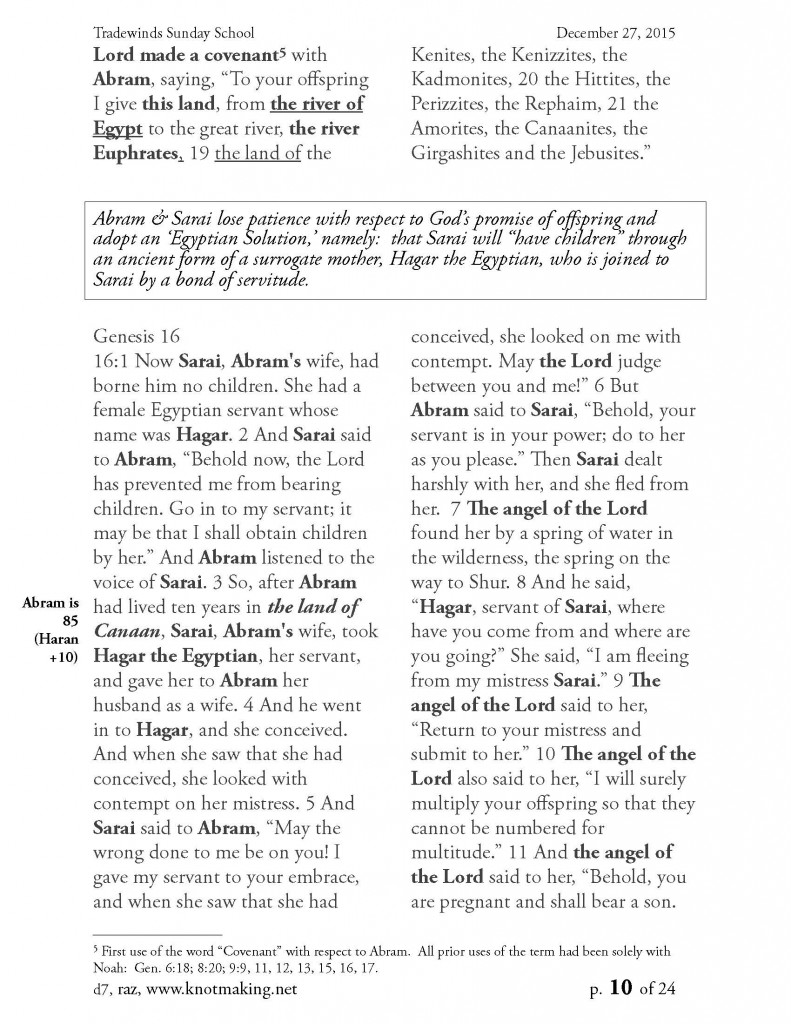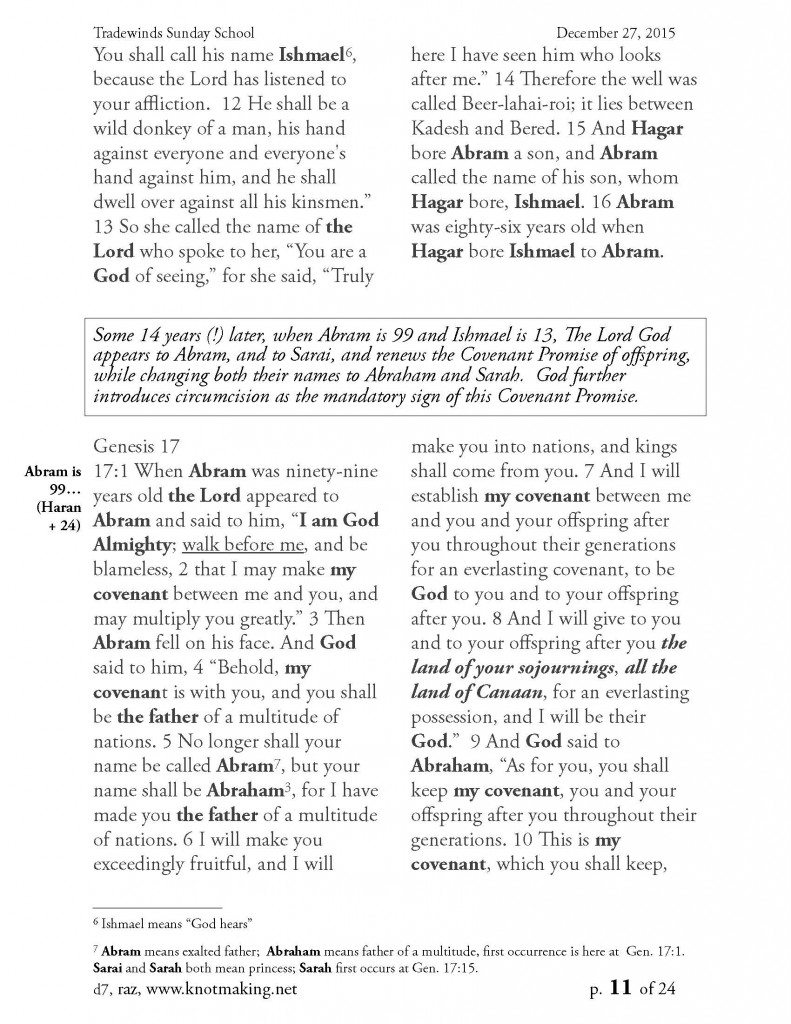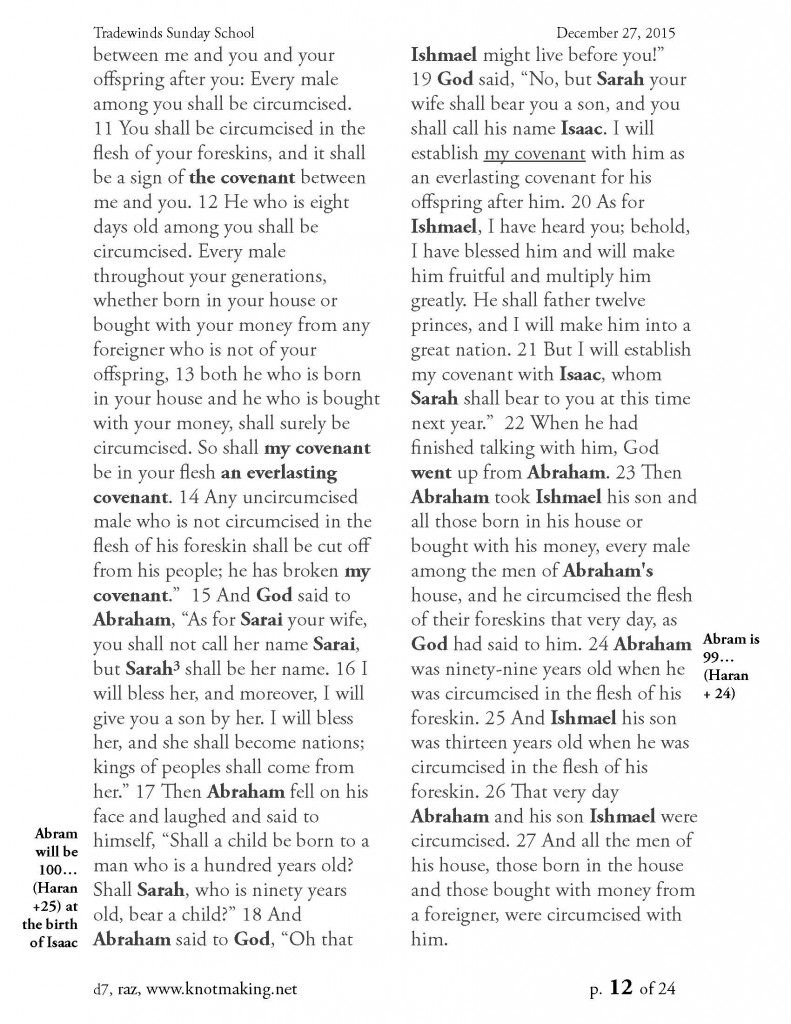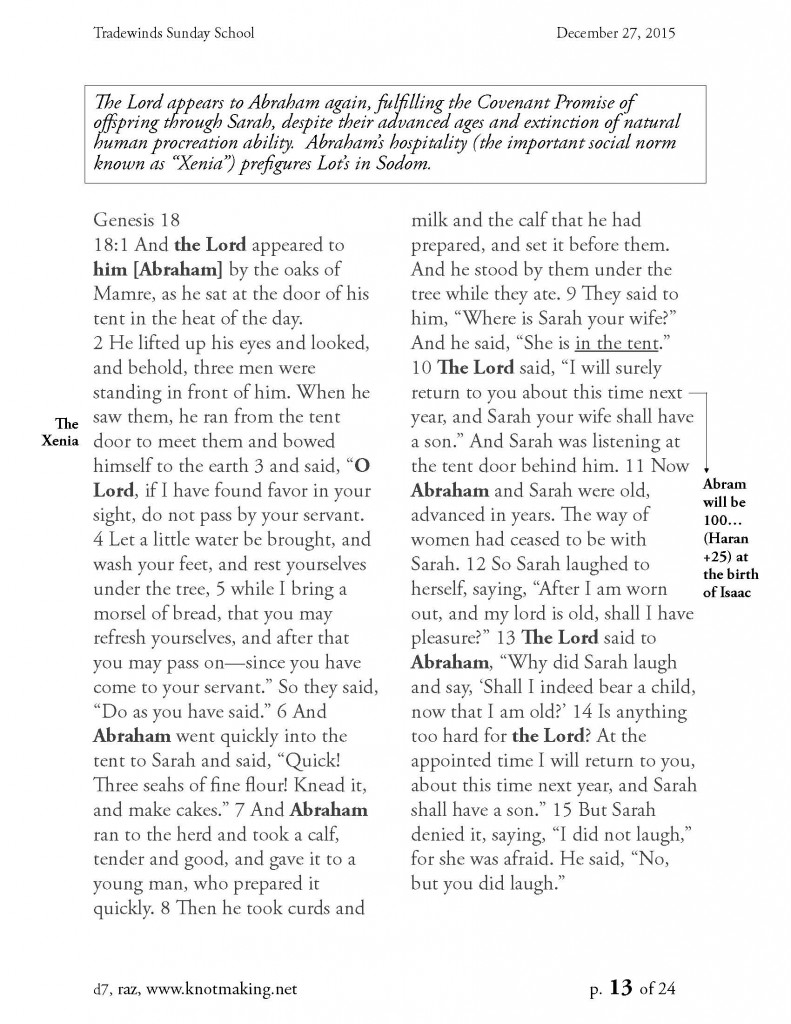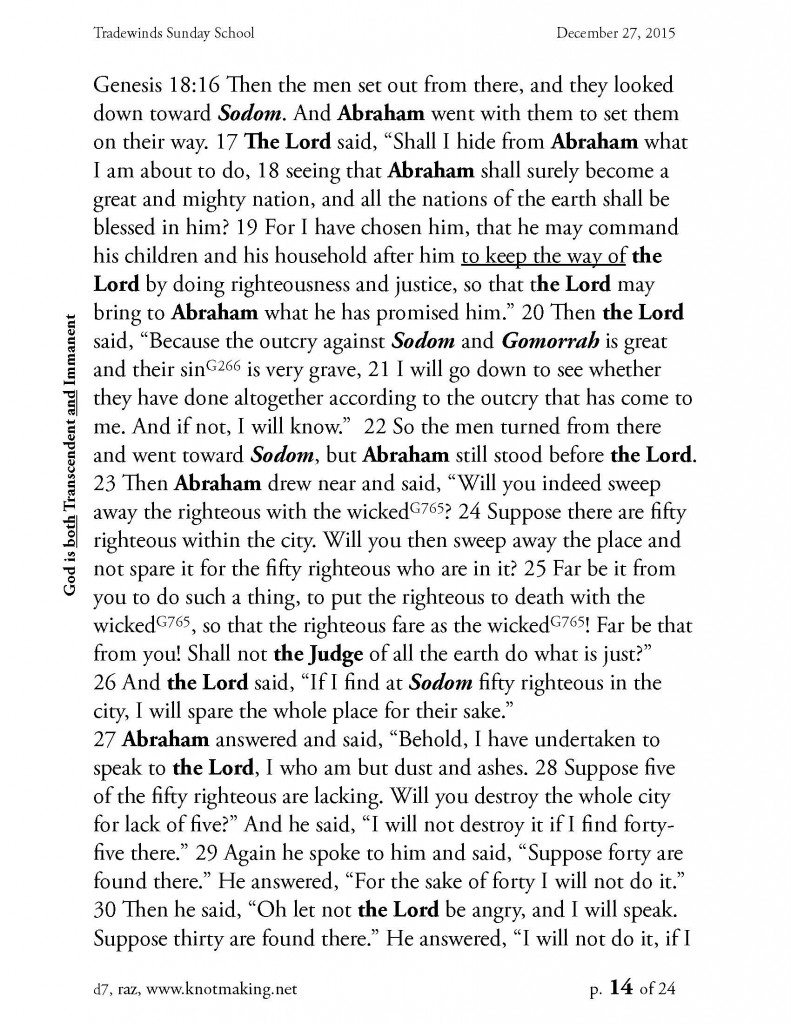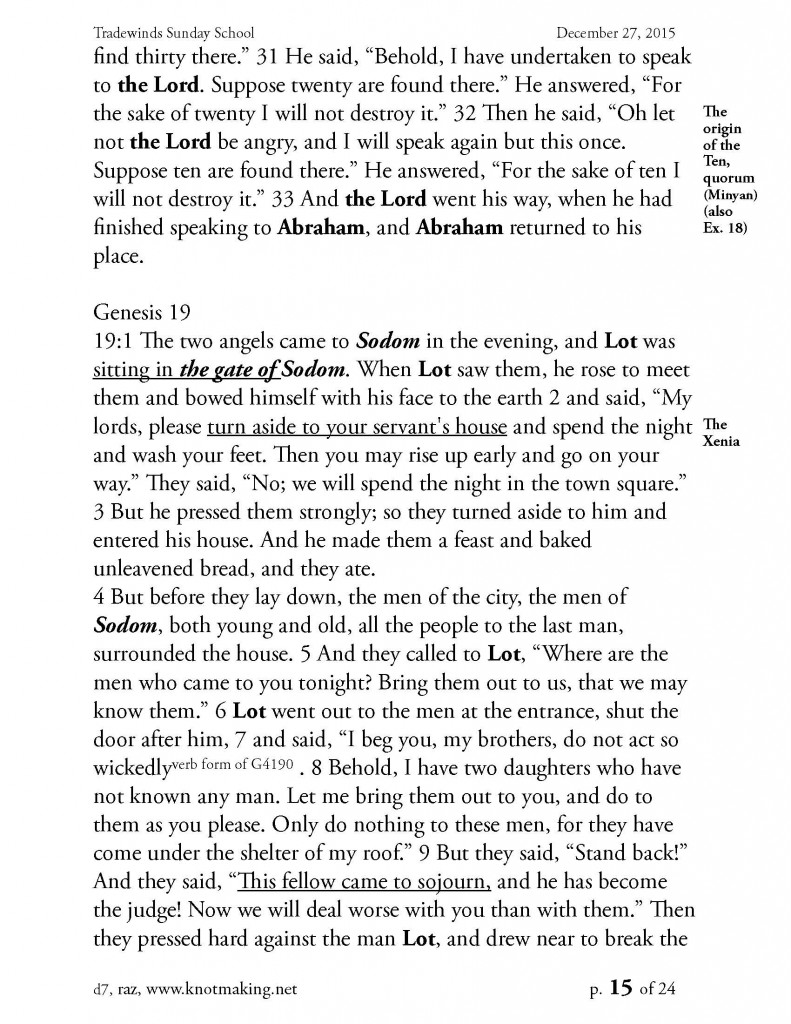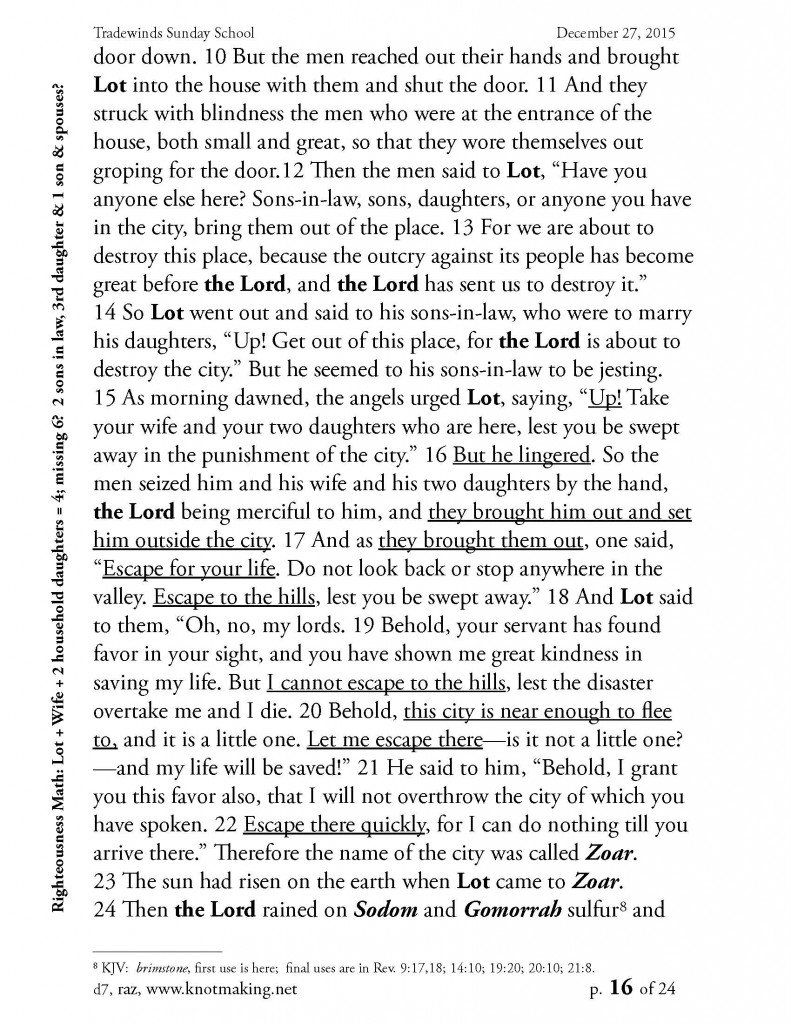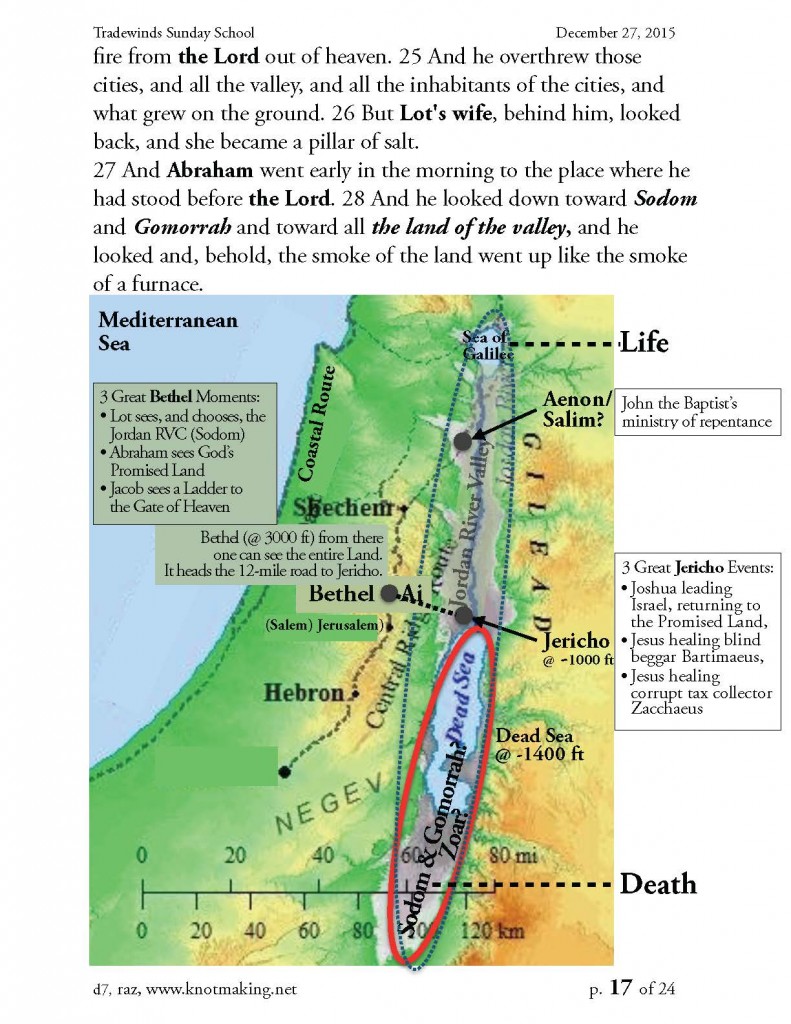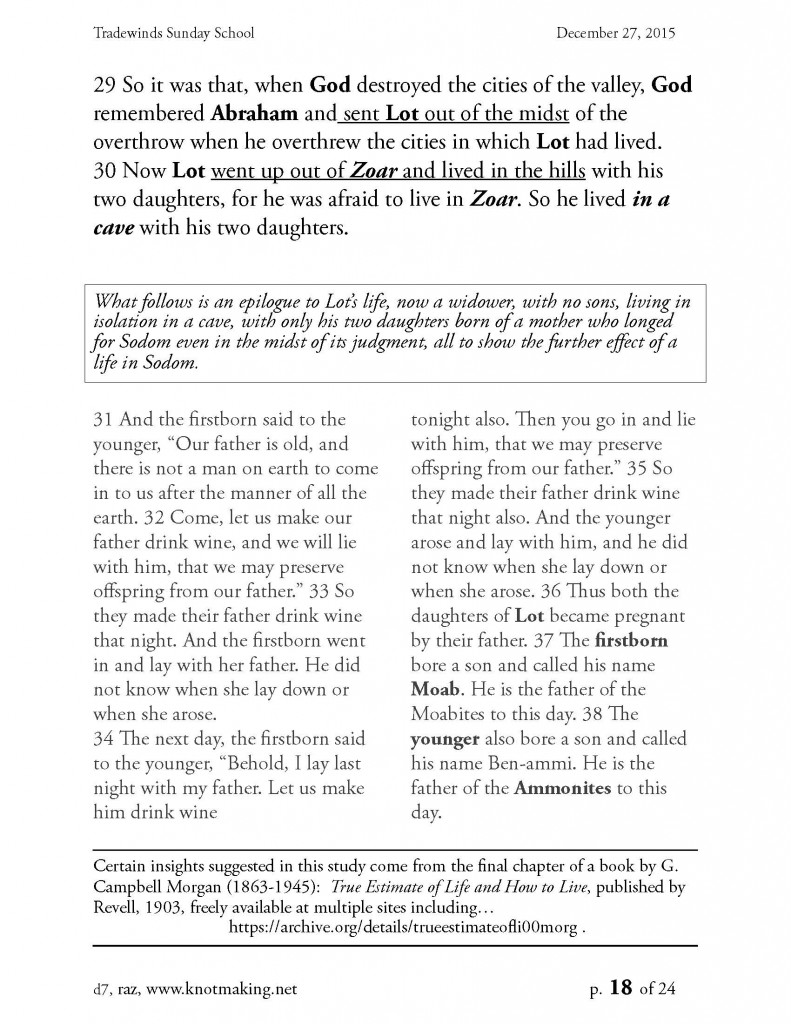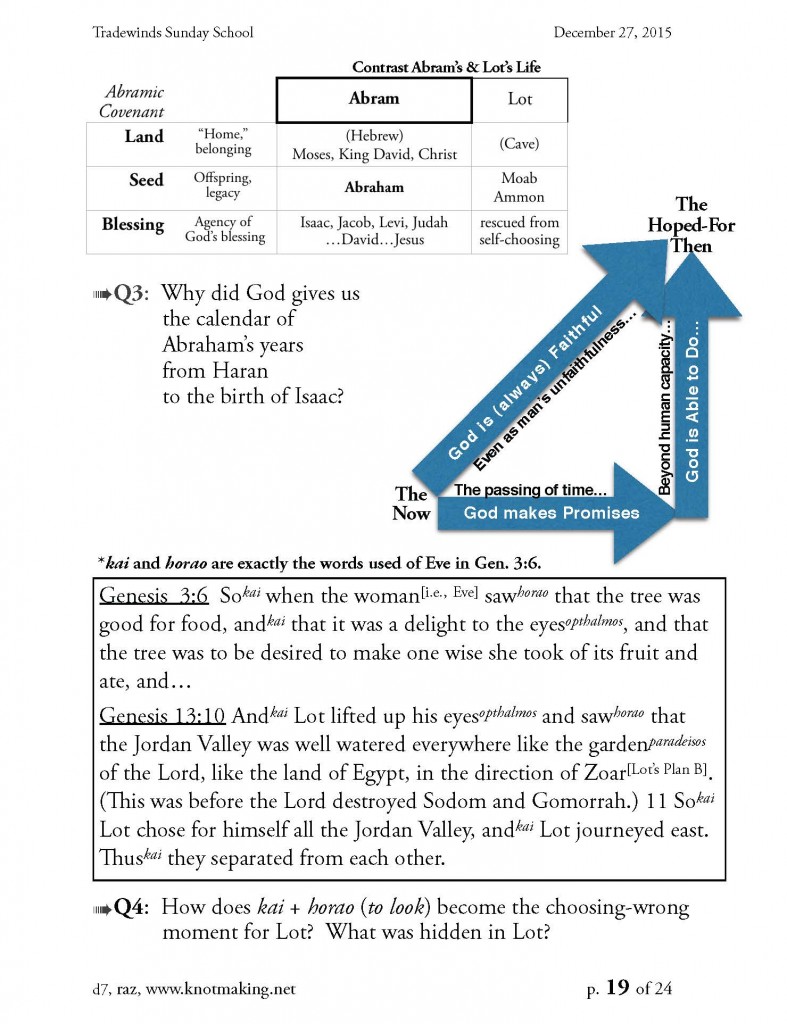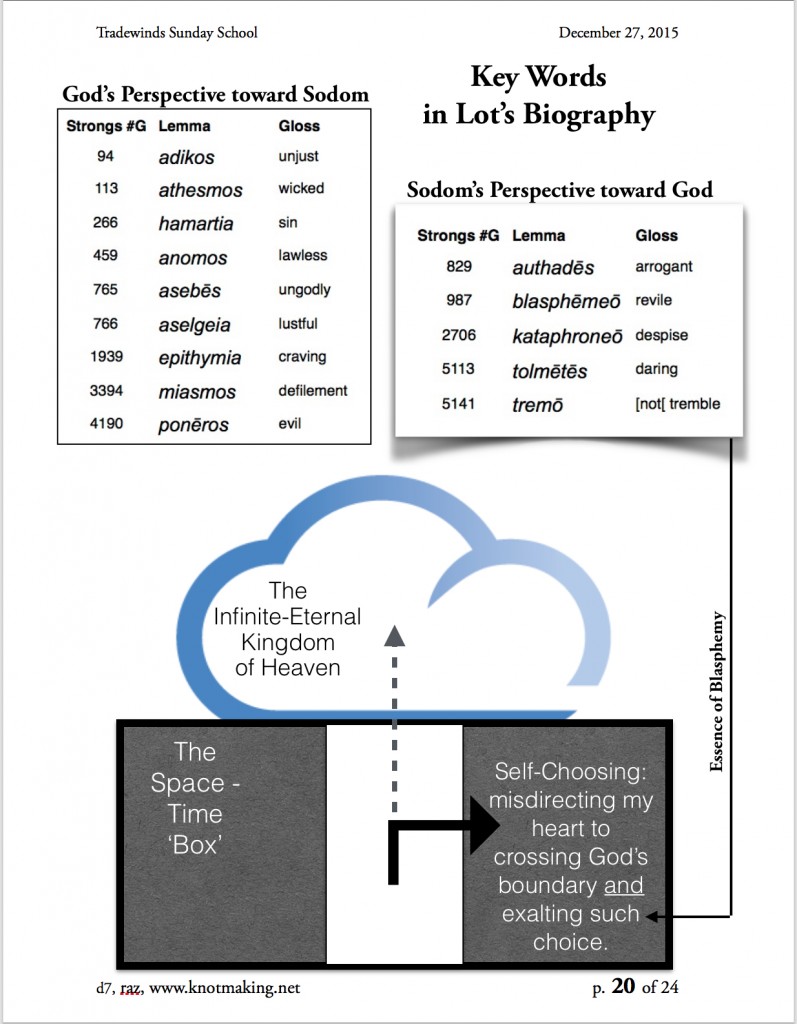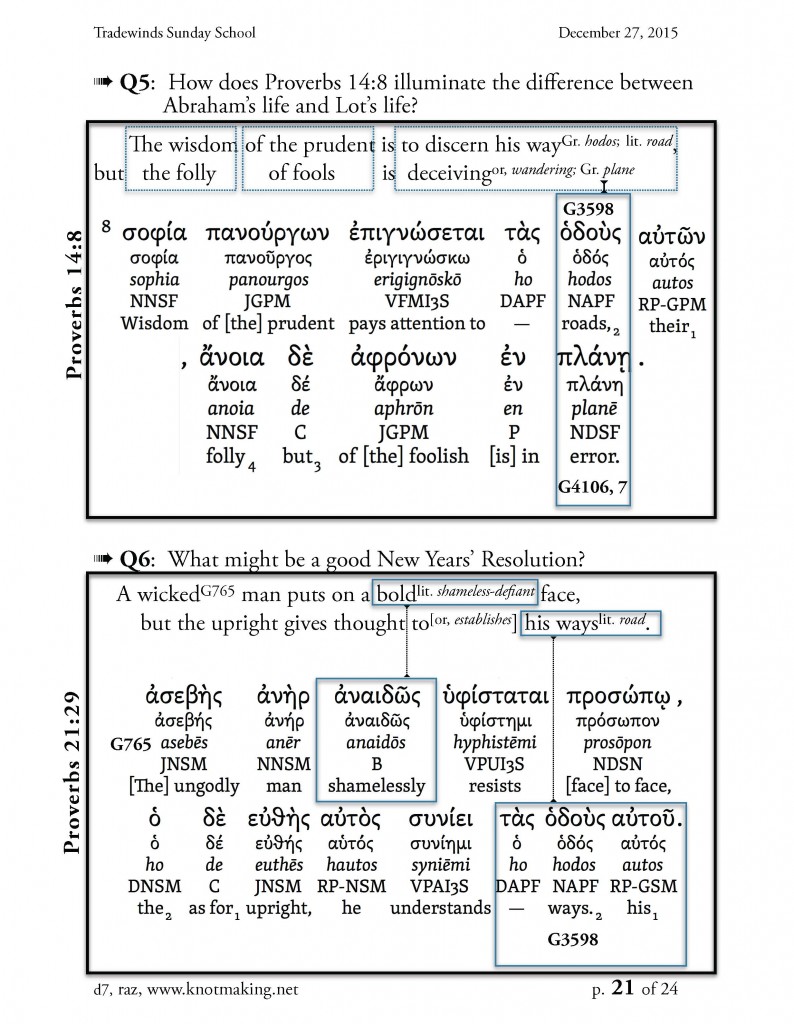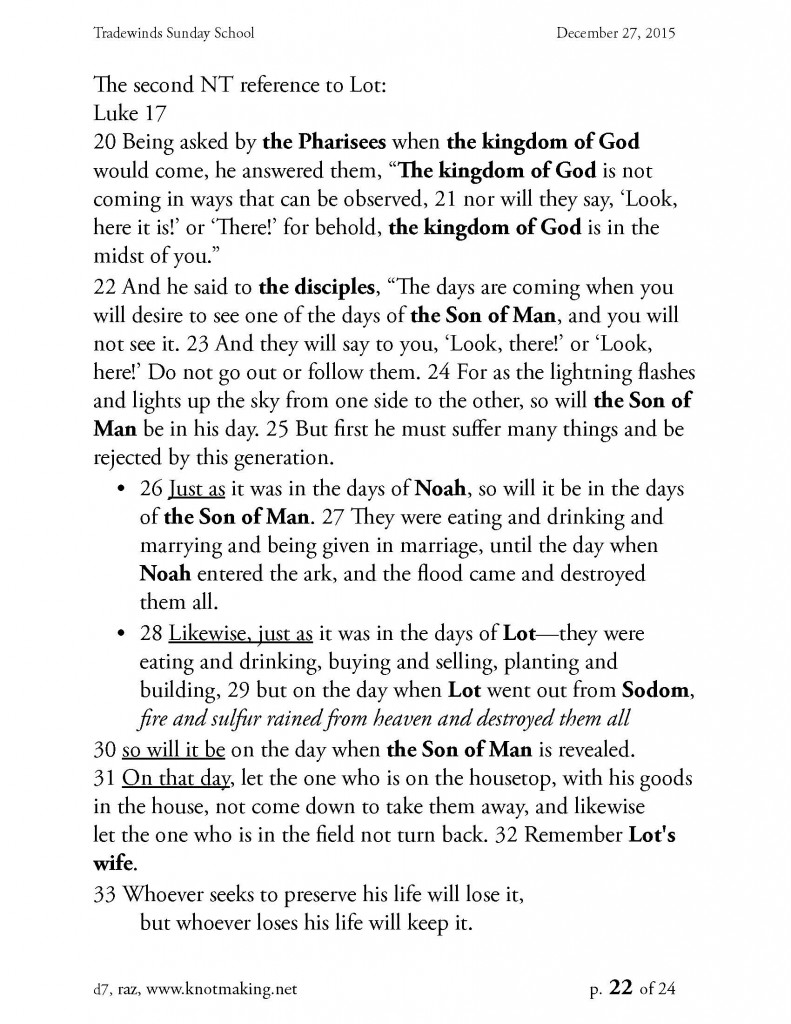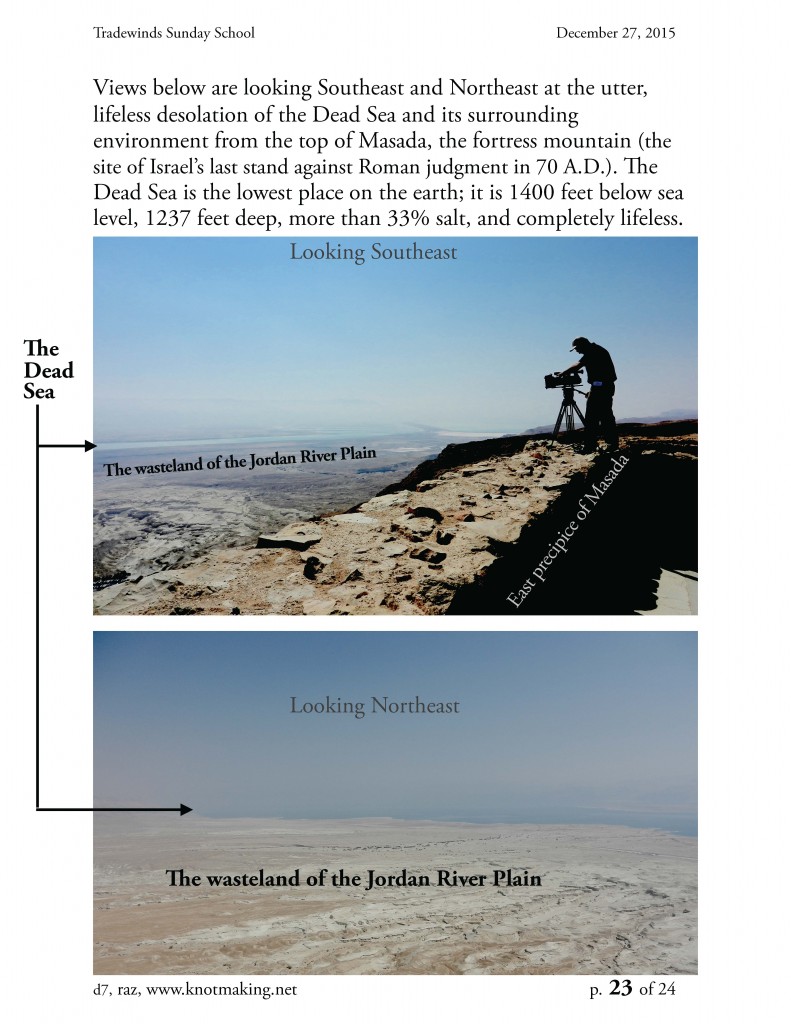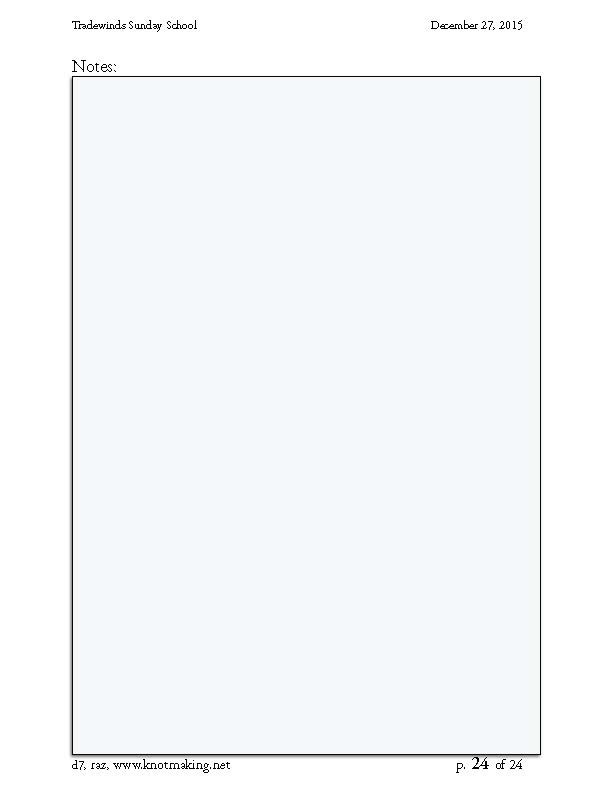Let us consider the Bible’s biography of an Old Testament man named Lot, the nephew of Abraham. And let us do this in the context of considering New Years’ Resolutions by comparing and contrasting Abraham and Lot in the charts below:
It is the universal agreement of historians and archaeologists that the Mesopotamian River Valley is the birthplace of “civilization.” (It is certainly one of four every early, important such river valley civilizations, RVCs: Mesopotamia, Nile River, Indus River, and Yellow River). Important too to our Bible history is the unique significance of the Jordan River Valley, both to our story here about Lot but also to the broader role in plays in the Bible, as shown by a later chart here.
The Mesopotamian River Valley Civilization invented / created / established / pioneered:
- Writing, texts, libraries
- Numbering system and math: based on 60 for seconds and minutes, and the 360 degrees of a circle, the writing of large numbers by the use ascribing values to the placing of the numbers (i.e. “100” means the leftmost digit is “one unit” of that “place”), square and cube roots, what 2000 years later comes to be known as the Pythagorean Theorem, etc.
- State government, kingships, organization, laws, property ownership, and war
- Polytheism (some 2000 gods have been identified)
- Extensive use of bronze (beginning 3000 B.C.)
- Sailboats, the wheel, wheeled carts, domesticated horses,
- Irrigation for enhanced farming
Bunyan’s classic book Pilgrim’s Progress models the great temptation that his pilgrim character “Christian” faces at the town of “Vanity Fair” on such RVCs.
- The people of Vanity Fair are interested only in the prosperity of selling and buying the ‘precious stuff’ of space-time.
- Christiansseeks only to ‘but’ Truth, which the inhabitants of Vanity Fair neither comprehend nor value. Even worse, they hate Christian because he does not participate in the frenzied pursuit of the earthly ‘treasures’ of their ‘RVC.’
- So, of course Christian and his companion Faithful are persecuted, jailed, and Faithful is tortured and killed for their ‘intolerance’ because their words and perspective disrupted the trade and pleasure pursuits of Vanity Fair.
- (So it is to this day, even more so).
The portion of Pilgrim’s Progress on Vanity Fair is available on this page. The complete book of Pilgrim’s Progress is available on many sites, including here as an HTML (web) reading, and here in multiple formats, including Kindle.
The above cited chapter written by G Campbell Morgan is reposted here.
This innermost issue of self-choosing is demonstrated in both the life of Lot and of the people of Sodom (and those of the entire “plain of Jordan” which had been chosen by Lot). Below are direct quotations from a commentary on the Sermon on the Mount by Martyn Lloyd-Jones, with the associated page numbers:
• No man can practice what our Lord illustrates here [in the Sermon on the Mount] unless he has finished with himself, with his right to himself, his right to determine what he shall do, and especially must he finish with what we commonly call the ‘rights of the self.’ In other words we must not be concerned about ourselves at all. (p. 257)
• All that must disappear, and that of course means that we must cease to be sensitive about self. This morbid sensitiveness, this whole condition in which self is ‘on edge’ and so delicately and sensitively poised and balanced that the slightest disturbance can upset its equilibrium, must be got rid of. (p. 257)
• Another thing on the practical level which is of the very greatest importance is to realize the extent to which self controls your life. (p. 260)
• Examine yourself and your life, your ordinary work, the things you do, the contacts you have to make with people. Reflect for a moment upon the extent to which self comes into all that. It is an amazing and terrible discovery to note the extent to which self-interest and self-concern are involved, even in the preaching of the gospel. It is a horrible discovery. (p. 260)
• If you analyze the whole of your life, not only your actions and conduct, but your dresss, your appearance, everything, it will amaze you to discover the extent to which this unhealthy attitude towards self comes in. (p. 260)
• But let us go one step further. I wonder whether we have ever realized the extent to which the misery and the unhappiness and the failure and the trouble in our lives is due to one thing only, namely self. Go back across last week, consider in your mind and recall to your conscience the moments or the periods of unhappiness and strain, your irritability, your bad temper, the things you have said and done of which you are now ashamed, the things that have really disturbed you and put you off your balance. Look at them one by one, and it will be surprising to discover how almost everyone of them will come back to this question of self, this self-sensitivity, this watching of self. There is no question about it. Self is the main cause of happiness in life. (p. 260)
• But self always means defiance of God; it always means that I put myself on the throne instead of God, and therefore it is always something that separates me from Him. (p. 261)
• All moments of unhappiness in life are ultimately due to this separation. A person who is in real communion with God and with the Lord jesus Christ is happy. It does not matter whether he is in a dungeon, or whether he has his feet fast in the stocks, or whether he is burning at the stake; he is still happy if he is in communion with God. Is not that the experience of the saints down the centuries? So the ultimate cause of any misery or lack of joy is separation from God, and the one cause of separation from Him is self. (p. 261)
• And as I understand the teaching of the Scriptures, holiness eventually means this, deliverance from the self-centered life. Holiness, in other words, must not be thought primarily in terms of actions, but in terms of an attitude towards self. (p. 261)
• [Regarding Jesus’s Incarnation] He humbled Himself and denied Himself. There would never have been the incarnation had it not been that the Son of God put Self, as it were, aside. (p. 262)
• The cross of Christ is the supreme illustration, and the argument of the New Testament is this, that if we say we believe in our Lord Jesus Christ and believe that He has died for our sins, it means that our greatest desire should be to die to self. (p. 262)
• So that we may say that the reason for His death on the cross is that you and I might be saved and separated from that life of self. (p. 262)
So we see now (as this is being written in December 2015), around the time of every New Year, the impulse to create resolutions. (There are now an abundance of ‘apps’ for this). They–the apps and our resolutions–are usually for the purpose of succeeding ever more bountifully in the life of our RVC of Vanity Fair.
The biography of Lot, especially contrasted with that of Abraham, should instead cause us to look inward at what our choosing is founded upon. Are we seeking the inherently narrow, purposeful “road” or the wide-open “plain” of our self-choosing, self-directed, self-oriented life? Can we bring “self” to (instead) choose to have God choose for us?
There is a coming day, as the below text makes clear, perhaps not far hence, when the world and everyone will be held accountable for its choosing. In Christ and Him alone there is deliverance. Otherwise, the judgment of Sodom–which we all deserve–will become the horror of an actual experience and, even worse, the eternal destiny of experience of those outside the forgiveness provided by God by the work of the Cross.
